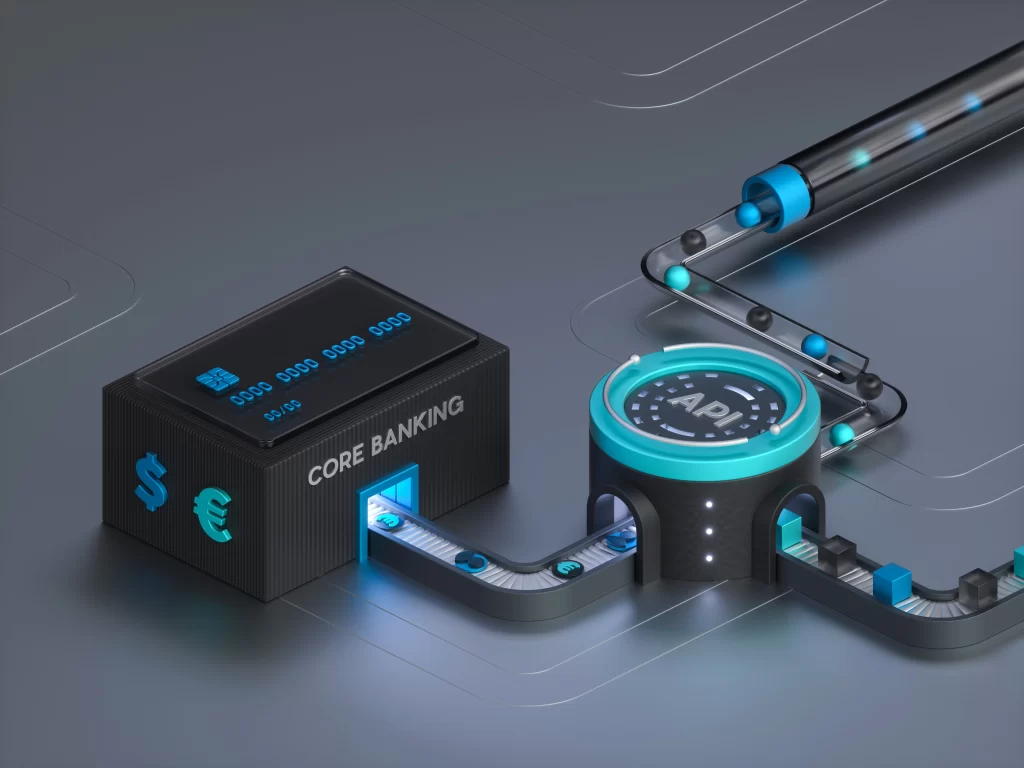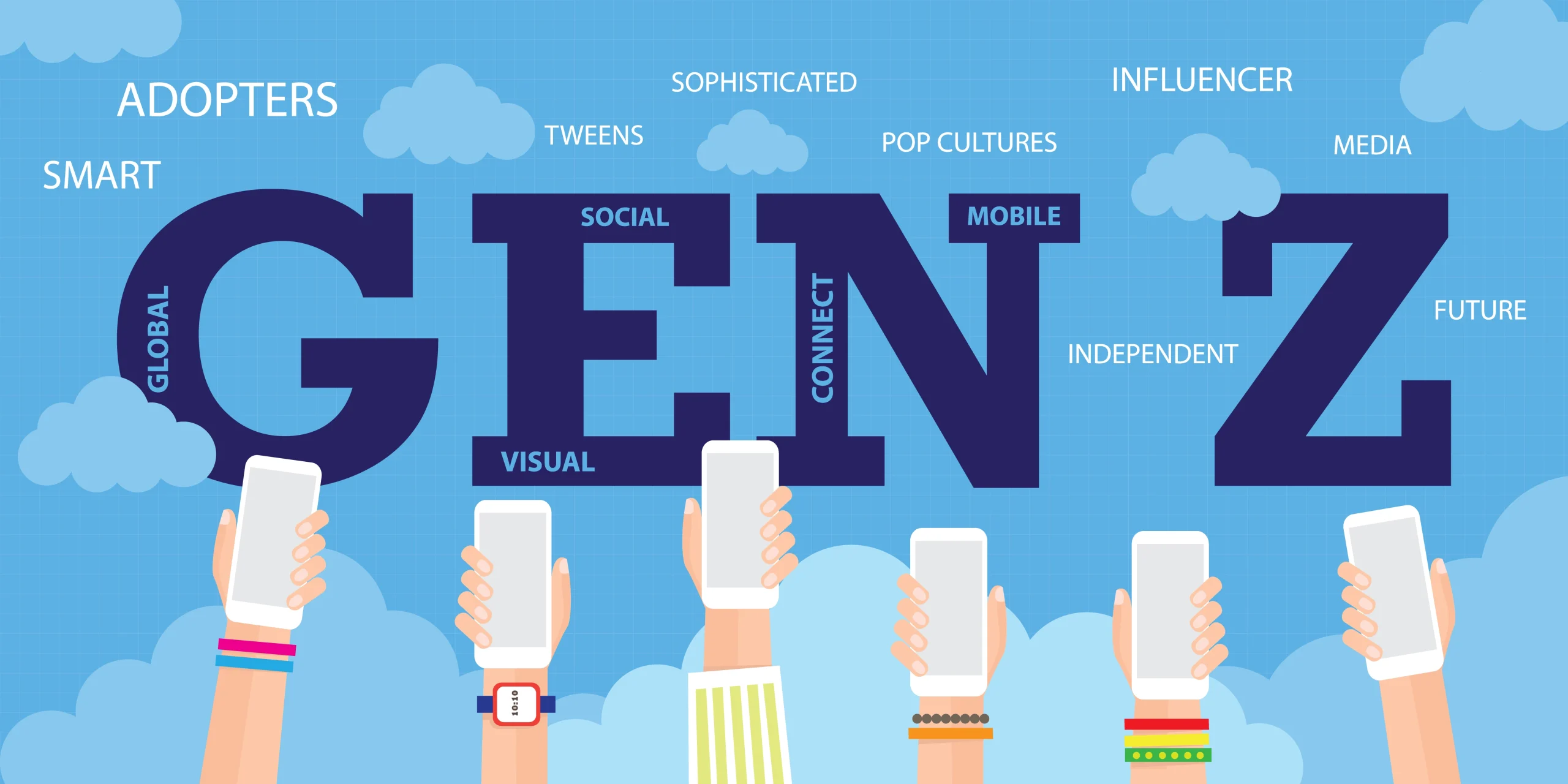The world business space has been reorganized by the expansion of of Artificial Intelligence (AI), a key metaphor today for anyway the society choses to organize its life. What was once an esoteric subject reserved for Information Technology domain has now become a fulcrum of business strategy, operations, and leadership. From predictive analytics that forecast market trends to generative AI that strategises and curates the task of content creation, the technology is no longer a futuristic ideas of H.G. Wells, or Lucian of Samosata, or Margaret Cavendish but a present-day necessity. For a modern business school in Spain, the question is no longer if to teach AI, but how to teach it with all academic rigor and blend it into the core curricula to build a new generation of technology leaders.
This tectonic shift is a direct rebuttal to the questions posed by market demands. Organizations are seeking students who are not just digitally literate but AI-au fait, always plugged-in and can use intelligent systems to gain their organizations the necessary competitive advantages. This is a global phenomenon, but it has unparalleled resonance in rapid evolving economies like Spain, where innovation is truly the key driver of growth. The move towards AI integration is omnipresent across all program levels, from a fundamental bachelor program in Spain to a highly specialized master program in Spain. It is also increasingly a part of a practical diploma program in Spain, denoting its necessity at all levels of professional development. As an academic from a top business school in Spain, Professor Eduardo Ortiz of C3S Business School notes, “AI is the new currency of commerce. To be a leader, you must have this in your pocket.”
The Evolution of AI in Business Education
The progress of AI in business education has been really noticeable, stemming from a no-frill analytical tool to a transformative strategic asset. In the formative period, AI was continuously relegated to elective courses focused on data mining or statistical modeling. The focus was technical, imparting learners to operate specific software or build basic algorithms. However, this tunnel-vision failed to prepare learners for the broader ramifications of AI in business and economy. Dr. Rajat Baisya, a global management consultant and former dean of IIT Delhi, the leading technology institution of India, singles out this evolution, stating, “We’ve progressed beyond past teaching AI as a technical skill. We now must imbibe this as a strategic mindset, a way of thinking and solving our complex business problems.”
Today, the approach to AI is a novelty in itself. For example, C3S Business School as a leading business school in Spain now integrates AI into most of its curricula across disciplines. For instance, its finance course employs AI for fraud detection or financial forensics, its marketing course leverages it for customer mapping and segmentation, and its supply chain course finds its useful for its logistics optimization. This comprehensive integration proves that AI is not an add-on but a crucial part of the business education. A bachelor program in Spain now includes modules on AI’s ethical implications, while a master program in Spain dwells on the governance of intelligent systems. This holistic approach is what shapes up a truly top business school in Spain as evident in the practices at C3S Business School.
Why Strategic Leadership Needs AI Literacy
The presumptive role of a corporate leader has always been to make informed decisions under uncertainty. In the age of AI, this role has been rapidly redefined and transformed. A business leader who is found wanting in AI literacy is in a limbo, unable to comprehend the data-driven insights, automate routine tasks, or predict market shifts powered by machine learning. The strategic leader of future years is required to have the skill to identify business opportunities that can be unlocked by AI and, more critically, be able to lead the team that will work alongside these intelligent systems.
“AI literacy isn’t about coding; it’s about positing the right questions,” says Dr. Aida Mehrad, head of academics at C3S Business School. “It’s about perspicaciously gaining into an insight what AI can and cannot do, and how to deploy it ethically and effectively to create value.” This is the foundational philosophy at a forward-thinking business school in Spain, C3S Business School is no exception. A master program in Spain or a high-level diploma program in Spain at a best business school in Spain now emphasizes largely on these leadership competencies. The goal is to produce scholars who can lead organizations through digital transformation, leveraging AI to enhance, not replace, human creativity and judgment.
Spanish Business Schools as Innovation Hubs
Spain has emerged as a significant country in the European tech and innovation landscape. Mega cities like Barcelona and Madrid are magnets for startups, research centers, and global corporations. This thriving ecosystem lends the most suitable conditions for a business school in Spain to grow and innovate. The closeness to real-world, fast-paced businesses enables organizations for unparalleled industry collaboration and experiential learning opportunities.
Professor Jordi Villanova of C3S Business School underscores this unparalleled advantage, stating, “Barcelona is a living laboratory for business and economy. The energy, the creativity, and the diversity of our city directly feed into our curricula, making our learners more adaptable and globally aware.” This is why a bachelor program in Spain is such a big draw among international students. The curricula are not merely contain theoretical underpinning; these are rapidly being updated adjusting to real market changes. Being in a top business school in Spain C3S provides a box-seat to the future of business and commerce.
Core AI Applications in Business School Curricula
C3S Business School, commonly regarded as one of the best business school in Spain, has a carefully designed curricula that contain AI across multiple disciplines. Not any of this can be regarded as a single course or passing mention on AI; it is a thematic thread that runs through all weaves and wefts of their programs, including their bachelor program in Spain and their master program in Spain.
- Marketing & Sales: Learners study how AI-powered tools can be employed for market segmentation, predictive customer behavior analysis, and hyper-personalized marketing campaigns. Professor Esther Comin notes, “AI enables us to move from mass marketing to ‘mind marketing,’ understanding individual consumer needs at an unprecedented level.”
- Finance & Accounting: AI is imparted for its applications in algorithmic trading, fraud detection, and risk management. Prof David M J Graves emphasizes that “AI lends a powerful new tool for spotting anomalies and patterns that could point out financial crime. It’s a game-changer for corporate governance.”
- Operations & Supply Chain: Learners employ AI for demand forecasting, inventory management, and logistics optimization. Dr. Fernando Velasquez Villalba, a senior faculty at C3S Business School, explains, “AI enables us build smarter, more resilient supply chains that can anticipate and respond to disruptions in real-time in business and economy.”
- Human Resources: The curricula explore how AI can be employed for talent acquisition, employee retention analysis, and creating personalized learning paths. Prof Asraful Khan, a faculty at Arden University, London, believes, “AI can eradicate this bias from the hiring process and enable organizations create a more inclusive workforce.”
This is the kind of practical education that defines a top business school in Spain and a forward-thinking business school in Spain.

AI in Executive Education and MBAs
AI literacy is just as important for veteran professionals as it is for new graduates. C3S Business School acknowledges this by massively integrating AI into its executive education programs and its master program in Spain. These programs are created to upskill current business leaders and empower them with the tools to guide their organizations through the digital transformation. Professor Xavier Puertas at C3S Business School states, “Our executive programs emphasize on the strategic implementation of AI. We are training business leaders to pose the right questions and to comprehend the implications of their data-driven decisions.”
The curriculum for a master program in Spain often incorporates specialized lessons on AI governance, change management for AI adoption, and the ethical considerations of putting to use the intelligent systems in the workplace. This advanced knowledge is what differentiates a graduate from a top business school in Spain from their peers. It’s about leading the AI revolution from the front, not just knee-jerk reaction to it.
Collaboration Between Academia and Industry
For AI education to be hugely effective, a robust collaboration between academia and industry is mission-critical. C3S Business School, as a prominent business school in Spain, has built robust partnerships with leading technology organizations to ensure its curriculum remains ahead of times. These collaborations manifest in many ways, from guest lectures by domain experts to joint research projects and internship programs.
“We believe in a symbiotic relationship with the industry,” says Pretam Pandey, chief of operations at C3S Business School. “Our students bring fresh ideas and theoretical knowledge, and in return, they gain hands-on experience and insights into real-world business challenges.” This model benefits both learners and businesses alike. The best business school in Spain graduates are instantly productive, and organizations get to business with the brightest emerging talent. This is a core part of the learner experience at a bachelor program in Spain and a master program in Spain at a top-tier institution.
Challenges of Embedding AI in Business Education
Despite the clear benefits, integrating AI into business education is not without its challenges. The pace of technological change is perhaps the biggest hurdle. What is cutting-edge today may be outdated tomorrow. This requires institutions like C3S Business School to be constantly updating their curricula. Another challenge is the need for specialized faculty who are not only experts in business but also proficient in AI applications. Bela Desai, head of business at C3S Business School, highlights this, saying, “Finding professors who can effectively bridge the gap between business theory and AI application is a constant effort.”
The ethical dimension of AI is also a significant consideration. Teaching students about the potential for bias in algorithms or the implications of data privacy is crucial. A responsible business school in Spain must ensure that its students are not just technically skilled but also ethically grounded. This is a key focus for any top business school in Spain and its master program in Spain that aims to create responsible leaders.
The Global Competitiveness of AI-Trained Graduates
A graduate from a business school in Spain with a strong AI foundation is highly competitive in the global job market. Their unique blend of business acumen and technical AI skills makes them invaluable to companies undergoing digital transformation. They can lead projects, analyze data, and make strategic decisions that others cannot. Dr Dababrata Chowdhury, a senior faculty at the University of Canterbury, notes that “AI-trained graduates have a significant edge. They are seen as innovators who can drive a company forward.”
This is why a bachelor program in Spain or a master program in Spain at a best business School in Spain is such a smart investment. It prepares graduates for the jobs of the future, not just the jobs of today. The demand for these professionals is only going to grow, and early adoption of AI in education gives students a clear competitive advantage.

Future Trends: What’s Next for AI in Spanish Business Schools
The integration of AI into business education is an ongoing process. Looking ahead, several trends are likely to shape the curriculum at a business school in Spain.
- Hyper-Personalization: AI will be used to personalize the learning experience for students, adapting course content and pace to individual needs.
- Virtual Reality (VR) and Augmented Reality (AR): VR and AR will be used to create immersive case studies and simulations, allowing students to experience business challenges in a virtual environment.
- Neuroleadership & Cognitive Management: As Professor Mani Tahriri of C3S Business School puts it, “The next frontier is understanding how AI can inform decision-making at a cognitive level, building on insights from neuroscience.”
- AI-Driven Business Creation: The focus will shift from just using AI in existing businesses to teaching students how to build and scale entirely new ventures that are AI-first.
A bachelor program in Spain that is forward-thinking will be at the forefront of these trends. The ability of a top business school in Spain to stay ahead of the curve will be a key differentiator.
Tips for Students Considering AI-Integrated Business Programs
For students considering a Business school in Spain with an integrated AI curriculum, here are some tips to stay ahead.
- Start with the Fundamentals: Ensure the program provides a solid grounding in business theory before diving into AI. As Prof Michael Taylor, Registrar of the London College of Business, says, “Technology is a tool; business principles are the foundation. You need both.”
- Embrace Lifelong Learning: The technology will evolve, so your education must as well. Dr. Francisco Rosique Gill, a senior visiting faculty at C3S Business School, suggests, “The key to success is an insatiable curiosity and a commitment to continuous learning.”
- Focus on the ‘Why’: Don’t just learn how to use an AI tool, but understand why you are using it. Professor Gaurav Ashesh, currently teaching at Auro University, says, “Strategic thinking is more important than technical execution.”
- Seek Practical Experience: Look for a program with strong industry partnerships, internships, and a hands-on diploma program in Spain. This is a hallmark of best business school in Spain.
Conclusion
The future of business and economy is digital, and AI is its pulsating heart. A business school in Spain that fails to integrate AI into its core curriculum will be left behind and will be dead as a dodo. C3S Business School, with its forward-thinking approach, exceptionally qualified and sagacious faculty, and robust industry partnerships, is at the vanguard of this revolution. From a foundational bachelor Program in Spain to a transformative master Program in Spain, the C3S Business School is building a new generation of thought leaders who are not just ready for the future, but are actively shaping it. “AI is not just about efficiency; it’s about unlocking human potential,” says Hiren Raval, CEO of C3S Business School. “Our graduates will be the leaders who show the world what’s possible when human intelligence and artificial intelligence work together to create a better world.” The decision to study at a Top Business School in Spain like C3S is an apt investment in a career that is built on innovation, adaptability, and strategic vision.





